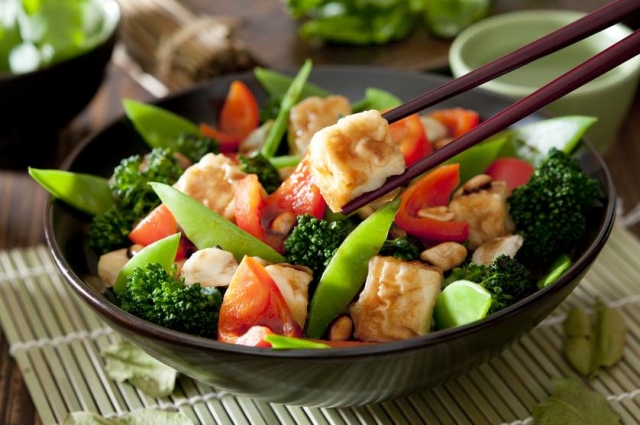Japanese food is delicious and many people love it. It is a great choice for those who want to eat something lighter and supernutritive. But ordering about thirty pieces, fried food, sweets and even ending up in sauces may not be the best option when it comes to keeping your focus on the diet, gave some really cool tips to enjoy a japa, but without any weight on your conscience.
The advantage of Japanese cuisine, besides being a good experience, is to enjoy the food with your eyes, beyond the taste. Because it is very different from what Brazilians eat regularly, Japanese dishes instigate the presence of raw fish and seafood, the delicacy of the presentation and the subtle flavors and textures that mix with the most accentuated spices.
This is not the only benefit …
For those looking to lose a few pounds, Japanese food can be very valuable, as it has options rich in proteins, such as salmon and tuna, which are excellent sources of omega-3, and vitamins and fibers present in edamame and mushrooms . Although the nutritional value is positive, the menu may have some breaded and fried temptations or with an excess of cheese (cheddar and cream cheese), which slightly disrupt the diet.
Use caution when using sauces, as soy sauce contains a lot of sodium and teriyaki has a high sugar content. Some restaurants offer the light version of shoyu, but if you don’t have it, the trick is to add a few drops of water to dilute the amount of salt or exchange it for the amino coconut – a vegan option with less sodium, no soy, zero lactose and zero gluten. For those who order japa at home, take the opportunity to try different ways of seasoning the pieces, such as a mix of salts and peppers, fleur de sel and truffle oil that give a very special touch.

Can you eat whenever you want?
Replacing rice and beans with Japanese self-service restaurants for a business lunch, for example, is no problem, but Luana says that this constant exchange would be detrimental to the Brazilian’s daily diet. According to the nutritionist, these places do not have a significant amount of vegetables and often offer fried and excess salt alternatives.
“I also don’t recommend Japanese food carvery, as people usually eat a lot more than when they go à la carte. But the positive point is that you can eat a much wider variety of the menu, so it will depend on the self-control of each one ”, she advises.
And that goes for those who can’t go long without eating a Japanese food. That it is difficult to stipulate a monthly or fortnightly frequency for “addicts”, because everything depends on the state of health, physical characteristics and the objective of each one. For healthy people, she recommends one free meal a week, but if the patient already suffers from fluid retention or has a goal (weight control or sports, for example), it is not possible to make the diet more flexible.
Nothing is forbidden, but it is necessary to be careful with exaggerations. Choose to enjoy this oriental cuisine when it hits that big urge or on occasions when you gather friends, family and enjoy a pleasant moment.



